Colorado Attorney General Phil Weiser has launched an investigation into four law enforcement agencies — including the Colorado State Patrol — over concerns that they may have unlawfully shared personal information with U.S. Immigration and Customs Enforcement (ICE).
Weiser also announced Tuesday that he plans to file a civil lawsuit against Mesa County Sheriff’s Deputy Alexander Zwinck, who stopped 19-year-old asylum-seeker Caroline Dias Goncalves in early June on Interstate 70 and allegedly alerted federal immigration authorities about her status.
Body camera footage shows Zwinck pulling Goncalves over for following too closely, then stalling her while sending her information—including her license plate and vehicle description—through a Signal chat named “GJ Highway Hitters,” which included federal immigration agents. Goncalves, a nursing student from Brazil, was later detained by ICE for over two weeks before being released on bond. Her asylum case is still pending.
Potential Violation of State Law
Weiser said the incident appears to violate a 2023 Colorado law that prohibits state and local agencies from sharing personal data to assist federal immigration enforcement. “This sort of situation is the reason why these laws were passed,” Weiser said. “The deputy knowingly acted to assist federal immigration enforcement after the deputy knew the driver was not involved in any criminal activity and had no outstanding warrants.”
This marks the first time Weiser has pursued legal action against a state official for cooperating with ICE. He emphasized that the broader investigation will examine whether other agencies—specifically those participating in the Signal chat—have similarly violated state law.
Signal Chat Raises Red Flags
The Signal group chat, originally intended for coordination among members of the Western Colorado Drug Task Force, included officers from the Vail Police Department, Eagle County Sheriff’s Office, Mesa County Sheriff’s Office, Colorado State Patrol, and federal authorities. Although the task force’s focus is drug trafficking, Weiser said ICE and Homeland Security agents may have used it for civil immigration enforcement.
A day after Goncalves’ stop, immigration officials in the chat praised Zwinck, joking he should be named “ERO interdictor of the year.” In another exchange, Zwinck quipped, “We better get some bitchin Christmas baskets from you guys,” after learning of Goncalves’ immigration status—comments Weiser said point to a pattern of cooperation with ICE.
Agencies Respond
The Colorado State Patrol said it has since stopped using the Signal chat and is reevaluating its involvement due to differing agency goals. “Our use was for operations targeting drug trafficking and organized crime,” said CSP spokesperson Gabriel Moltrer. “Other organizations have different priorities and goals.”
Vail Police Chief Ryan Kenney declined detailed comment, stating he was confident Vail officers would be cleared once the investigation concludes. Eagle County Sheriff’s Office has not responded to inquiries.
Mesa County Sheriff’s Office said Deputy Zwinck remains on administrative leave and that an internal affairs investigation is nearly complete. “We are committed to transparency,” the department said in a statement.
Weiser said Zwinck could settle the civil case or face trial.
Concerns of Broader Misconduct
Weiser believes the Zwinck case may not be isolated. “We remain concerned that ICE will violate people’s due process,” he said, referencing recent incidents like courthouse immigration arrests in Glenwood Springs that led a state judge to request ICE’s departure from court facilities.
Federal agents under the Trump administration have been instructed to prioritize immigration enforcement. Weiser warned that officers who once focused on crimes like drug trafficking or bank robbery are now also enforcing immigration violations—blurring the lines between criminal and civil law enforcement.
Lawmakers Want Accountability
State Sen. Julie Gonzales, a key sponsor of the law Weiser is enforcing, said she’s encouraged by the investigation. “I’m very interested to understand if this is only isolated to Mesa County or are other jurisdictions perhaps playing fast and loose with their actions,” she said.
Gonzales emphasized that while Colorado cannot control ICE, it can and must ensure that local law enforcement complies with state laws. “We can’t stop ICE,” she said, “but we can hold our own agencies accountable.”
This article has been carefully fact-checked by our editorial team to ensure accuracy and eliminate any misleading information. We are committed to maintaining the highest standards of integrity in our content.

Katie is a senior who has been on staff for three years. Her favorite type of stories to write is reviews and features. Katie’s favorite ice cream flavor is strawberry.


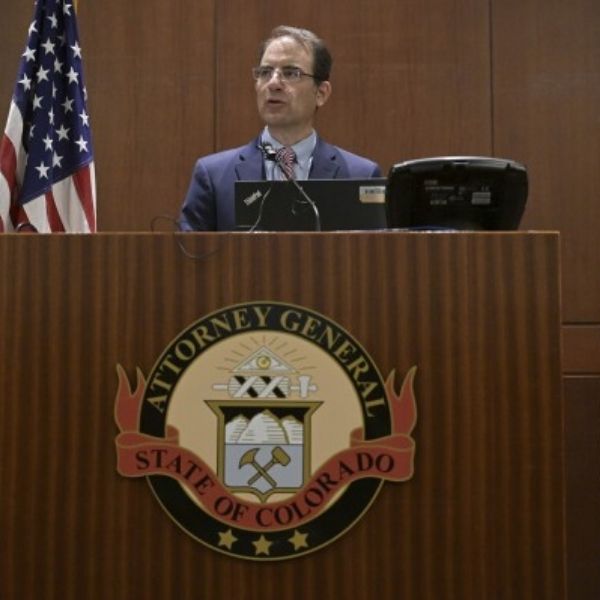
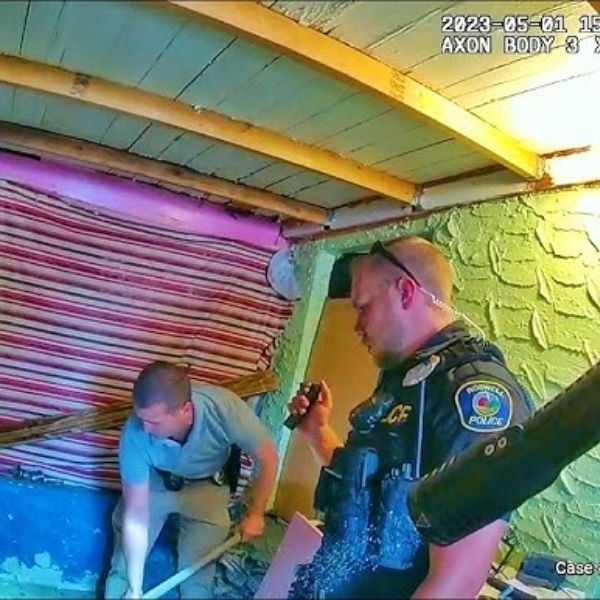

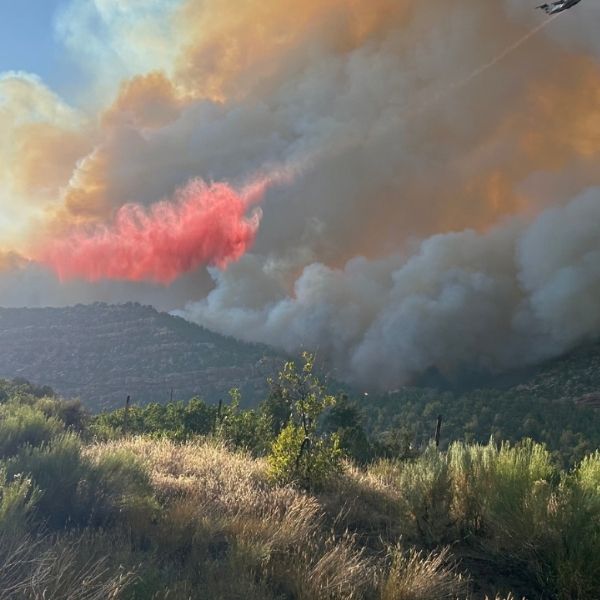
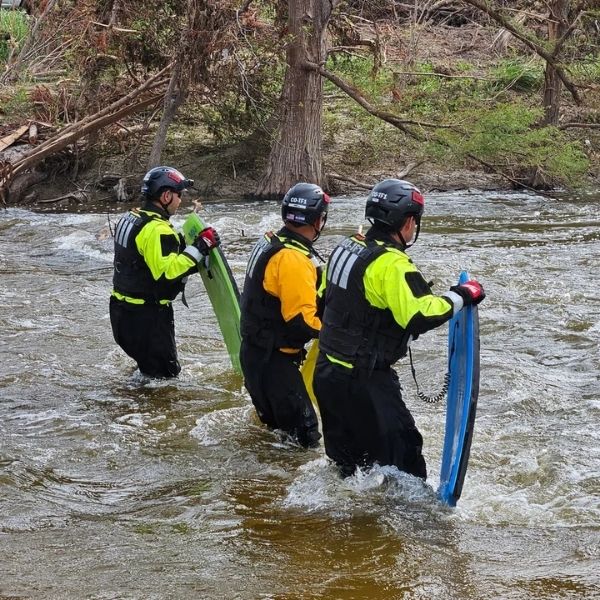


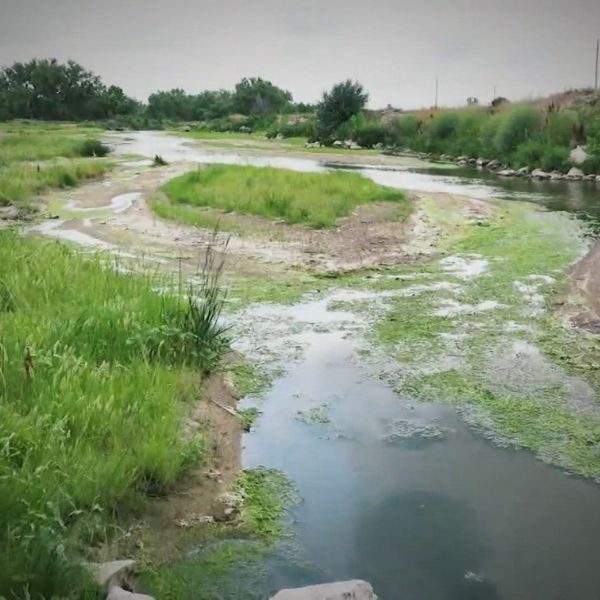
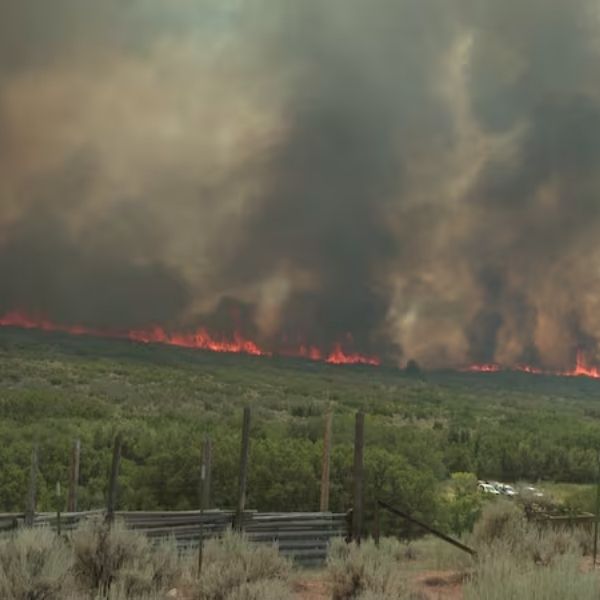




Leave a Reply